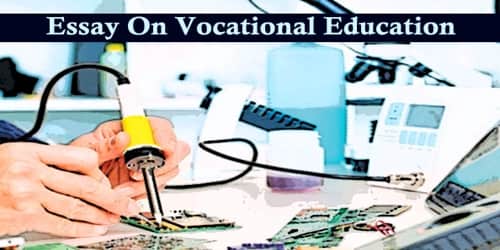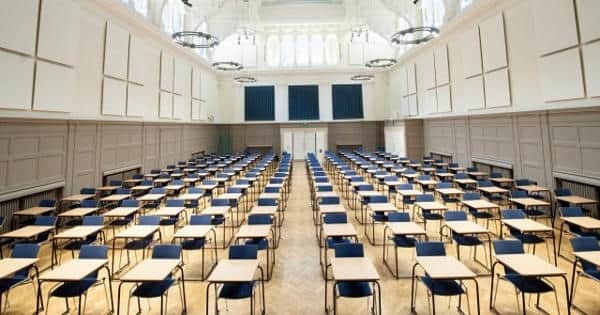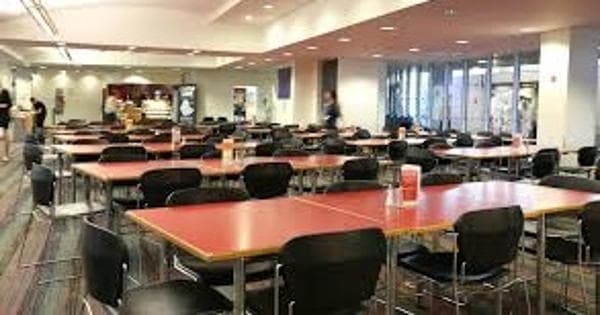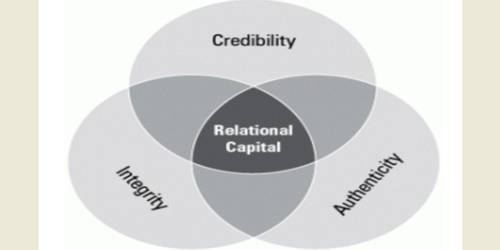Introduction: “Vocational Education” is sometimes referred to as career and technical education. General education and vocational education are the two ways and means of education-one that gives theoretical experience and the other practical. The former is compulsory for up to the secondary stage and the latter is an optional or professional education.
Historically, almost all vocational education took place in the classroom, or on the job site, with students learning trade skills and trade theory from accredited professors or established professionals. However, in recent years, online vocational education has grown in popularity, making learning various trade skills and soft skills from established professionals easier than ever for students, even those who may live far away from a traditional vocational education program.
System of Education: Education instituted in our country is a bit faulty in one sense that it does not aim at practical education/aspect as its most parts are academic, theoretical and bookish. It does not turn students is confident and self-directing men as vocational education does. Vocational education is such education or training in practical as it makes the learners self-directing persons. Vocational education does not concentrate on bookish knowledge.
It allows learners to learn how to read and write so that they can read the manual or something written on machinery tools. A general educated man may face reality, the day’s problems and complexities of the world. He is to depend on others to guide him in the wide sea of life. While the man received training or education from vocational institute need not suffer or depend on others in this regard.
Importance of Vocational Education: Vocational education programs focus on the acquisition of appropriate skills, abilities, and competencies as necessary equipment for the individual to live in adapt to the real work situation and contribute to the development of his society. It assists all young people to secure their own future by enhancing their transition to a lot of opportunities after school. It can be seen as an aspect of education which utilizes scientific knowledge in the acquisition of practical and applied skill in the solution of technical problems. It is the process of acquiring attitude, knowledge, competencies relating to occupations in various factors of economics and social life. It has also been described as the education that prepares students mainly for occupations requiring manipulative skills and is designed to develop skills, abilities, understanding, attitude and work habits needed for a useful and productive basis. This can provide employment for its recipients and important practical skill development program designed to equip persons of trainable qualities with skills that employers of labor want in the industries, in fact, it is considered as the launching pad for technological development.
In Great Britain, however, opposition to vocational education persisted into the 20th century, although a few trades and junior technical schools were established by local authorities before World War II. By the late 19th-century public (common) school vocational education in the United States consisted of manual training and practical arts. These programs were gradually expanded until 1917 when federal aid was provided to public schools for trade and industrial, agricultural, and homemaking courses.
After World War II the demand for trained paraprofessionals in the relatively new fields of computer science, electronics, and medical services led to an increased interest in short-term postsecondary specialized training programs in these areas as an alternative to a traditional college education.
Since Bangladesh is a densely populated country, she is not self-sufficient in food. Her people are not provided in most cases with the right jobs. She needs to introduce vocational education throughout the country. She needs people with vocational training for her development. General education can help people in making plans but many a time vocational education can implement it.
Conclusion: The system of education in our country should be introduced in a re-planned and re-adjusted way to meet the need of the country. It should make provisions for the technical institutions where such pupils as are unsuitable for literary studies at the close of the compulsory basic education, may have a bread earning an education without being the unnecessary burdens of the country.
Information Source:
















